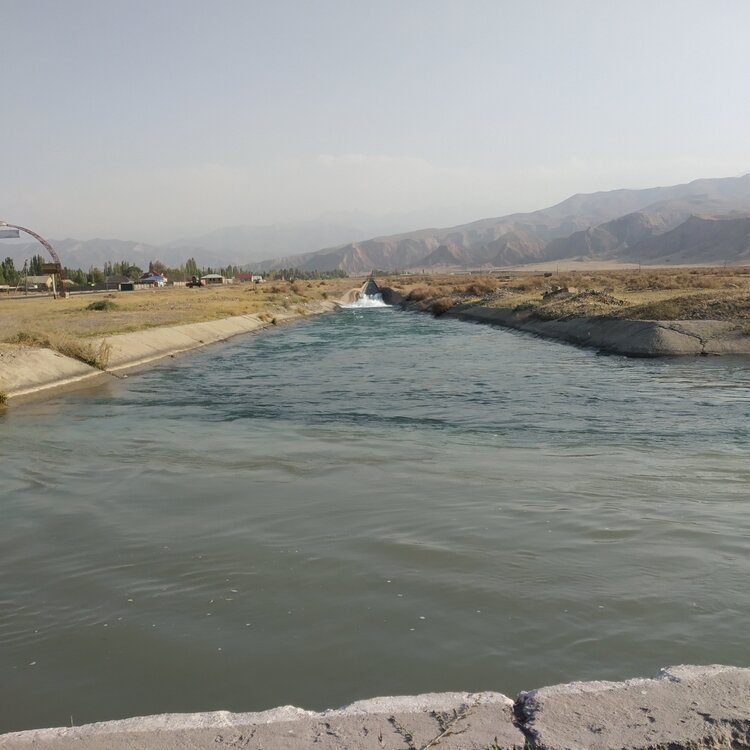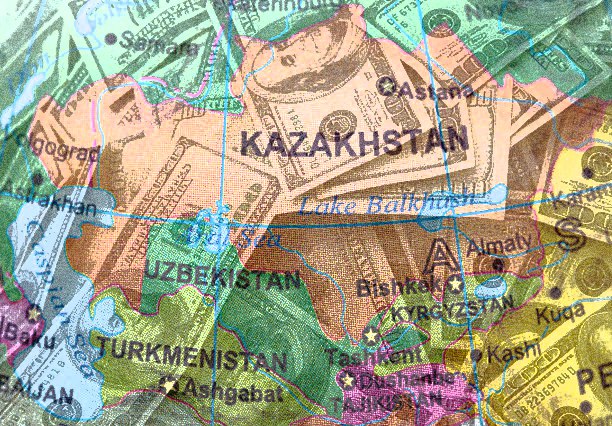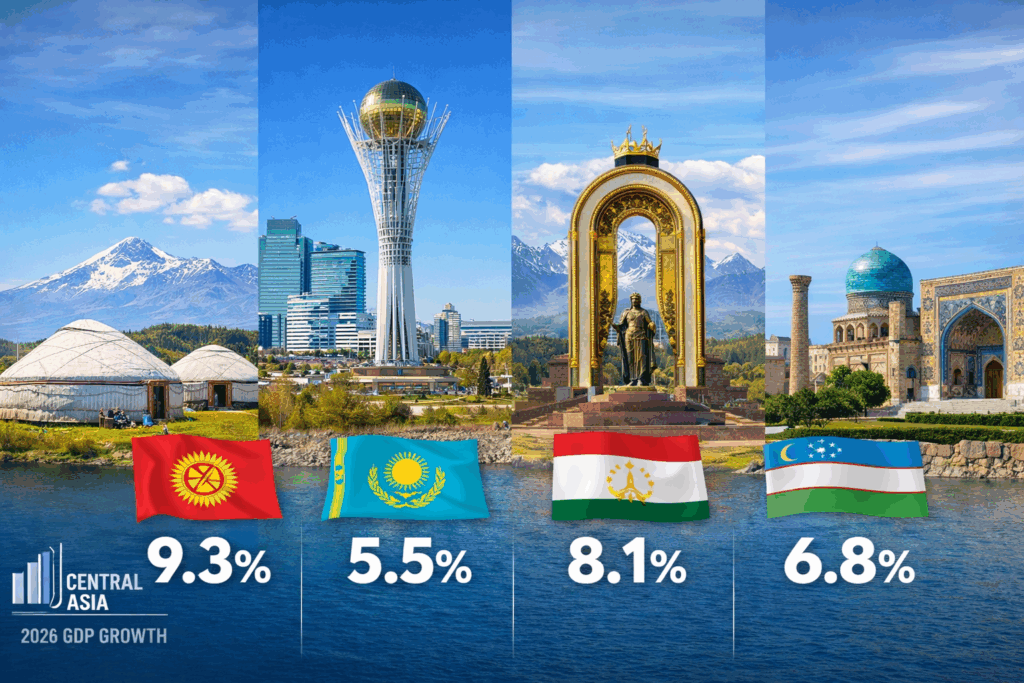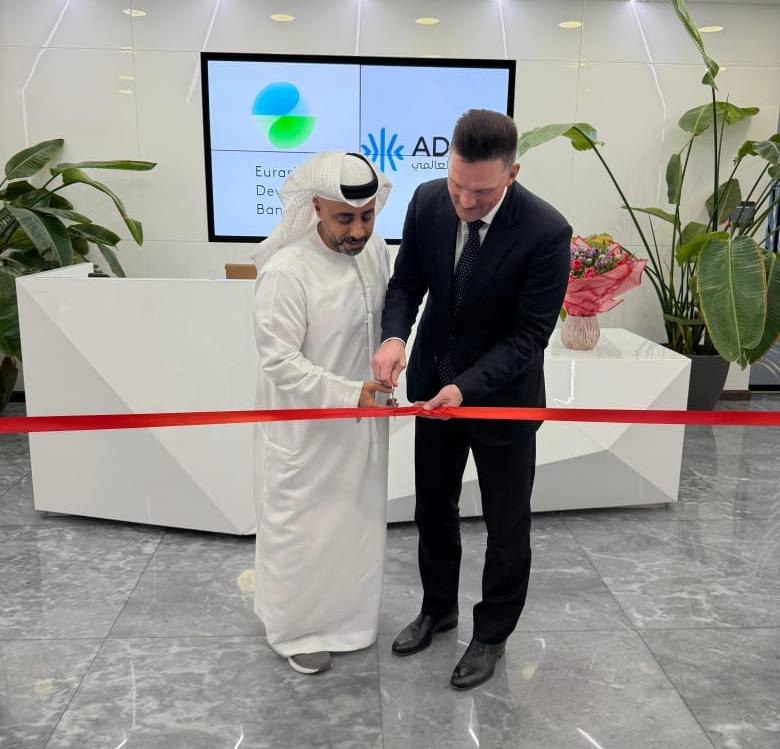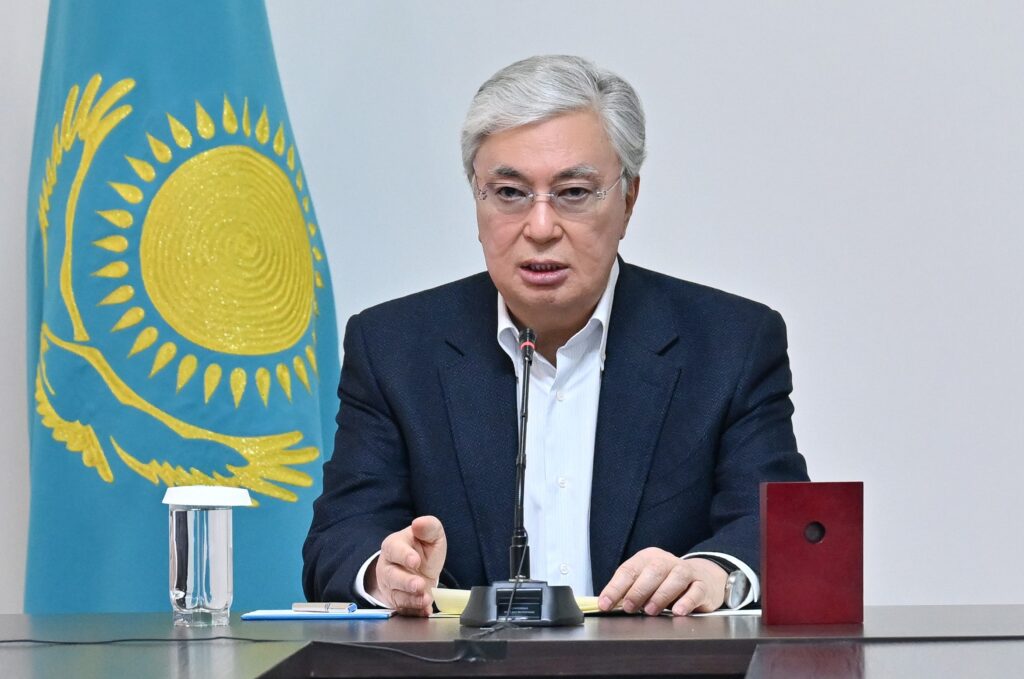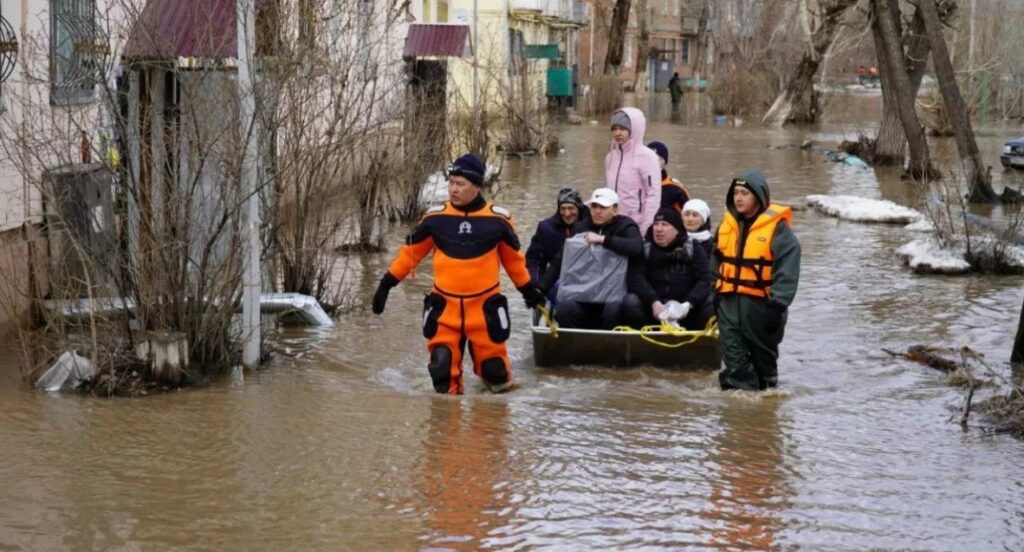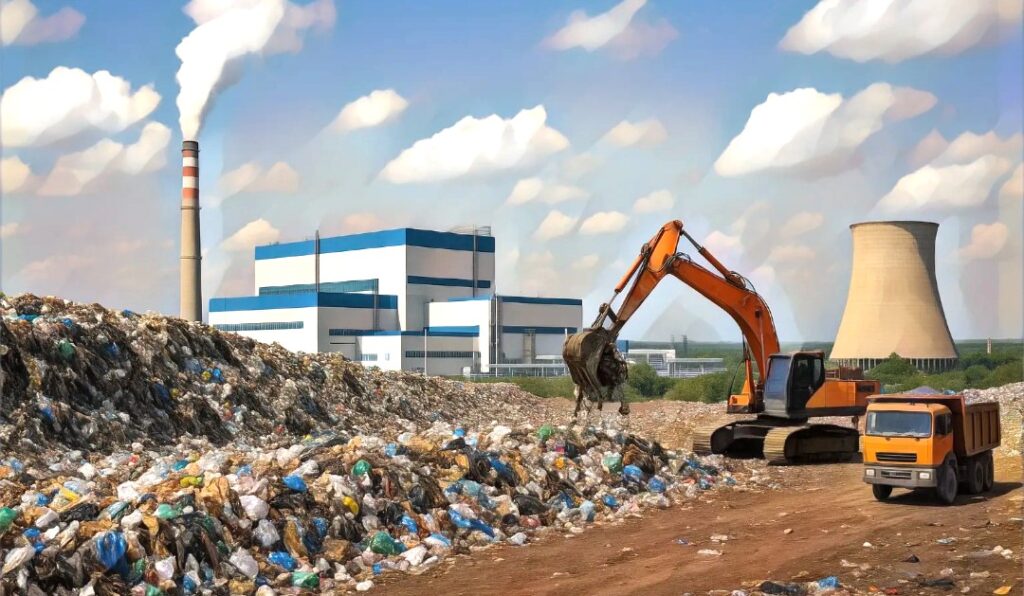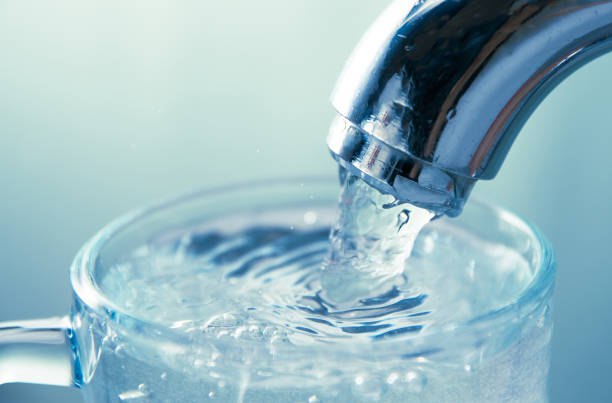The Eurasian Development Bank (EDB) has declared water availability a particularly acute challenge in Central Asia, given that 10 million people, or 14% of the region’s population, currently lack access to safe drinking water.
Between 1994 and 2020, water withdrawals for municipal and domestic needs doubled to 8.6 cubic kilometres. However, since investment in drinking water falls short of meeting the growing demand, the infrastructure for the supply and treatment of water has severely deteriorated.
The challenges facing the sector highlight the need for large-scale investment in water supply and sanitation in Central Asia. The annual funding deficit to meet the targets of the United Nations’ Sustainable Development Goal 6 (to ensure the availability and sustainable management of water and sanitation for all) is estimated to reach US $2 billion by 2025–2030.
In response, EDB analysts have prepared a report to assess the level of investment required by the region to achieve the UN Sustainable Development Goal by 2030, including proposals for practical steps to secure the necessary funding.
Titled “Water and Sanitation in Central Asia”, the report will be launched on 28 June at the Eurasian Development Bank’s Business Forum in Almaty, Kazakhstan.
